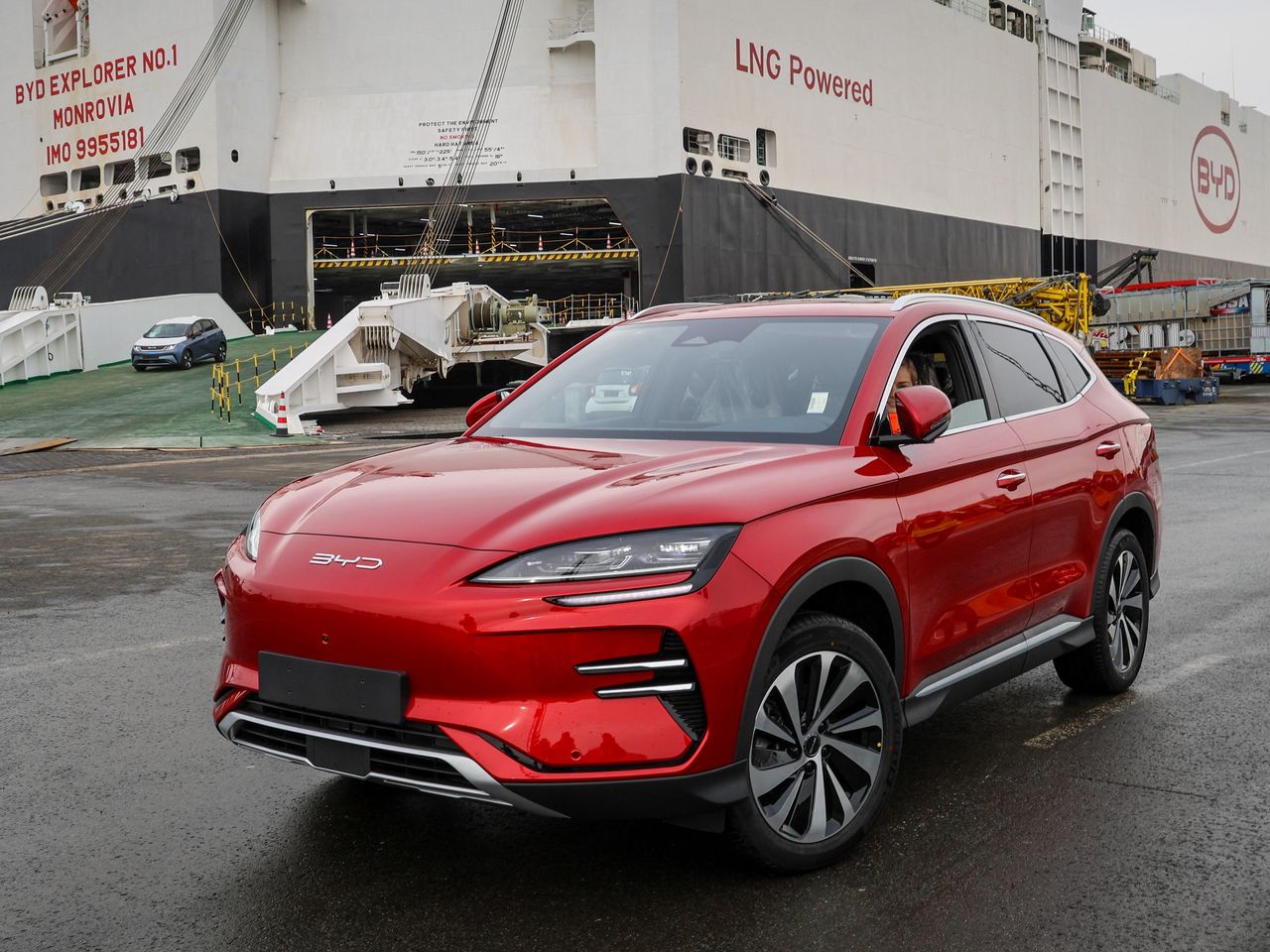Growing Concerns in the European Union over Imports of Electric Vehicles from China
Over the past few months, Brussels has been increasingly growing in concern by the surge in imports of EVs from China into the European market. This build-up of concern has taken place against the backdrop of concerns that such imports may eventually squeeze the competitiveness of the EU’s young electric vehicle sector.
Background of the Issue
Subsequently, inexpensive electric cars have been sold in the European Union market, well below prices at which similar units are sold by their European rivals. Brussels is now arguing that this price differential exists solely because of the mammoth financial support provided by Beijing to its domestic EV makers. The Chinese financial support to EV domestic companies through subsidies and other incentives enables these latter companies to sell their respective products more cheaply and thus conquer a growing share of the European market.
Reaction of the European Commission
The European Commission opened an investigation in September to investigate these allegations. The probe will look into whether these Chinese electric cars get unfair state subsidies in breach of international trade rules. This investigation now enters the final stage of its preliminary phase, with provisional tariffs possibly being announced as early as next month.
Currently, the EU has a standard 10% tariff on all car imports, irrespective of their source. If unfair subsidies are found as a result of the investigation, it would mean extra tariffs designed to even the playing field for European manufacturers.
Chinese Reaction and Possible Consequences*
China has come out very strongly against this investigation by the EU, terming it as protectionist in nature, with the aim of stemming the tide of Chinese exports. The Chinese government is said to hit back with retaliatory actions if the EU goes ahead and continues tariffs on Chinese electric vehicles. This shall also include plans to raise tariffs on large-engine vehicles and French brandy imported from Europe, thereby affecting the interests of European car manufacturers and agricultural product exporters.
Political and Economic Implications
The right approach is still being negotiated by the member states of the EU. Germany is a large exporter of autos, and hence it fears that any adverse action vis-à-vis China would affect its trade relations with that country. Thereafter, countries such as Hungary, which courts Chinese investments, will be much harder to win over for any punitive action on Chinese imports.
Ahead of a key meeting of trade ministers in Brussels, member states have been sounding different notes on the investigation. Sweden and Ireland vigorously defend the need to guarantee fair competition, while Germany is more muted as it calculates the impact on its car industry. These debates reflect a wider challenge for the EU in balancing economic interests against regulatory pressure.
Market Dynamics and Forecast
The concerns at the European Commission are multiplied by the rapid market share gains of Chinese EV brands such as BYD, Nio, and XPeng. These brands could reach around 15% of the European electric car market by 2025 from an estimated 4% in 2021, should trends continue—a move that will have them directly challenging the established European automakers and pointing to the urgency with which regulatory measures must be deployed to guarantee a level playing field.
A report from the Rhodium Group spelled out how EU imports of Chinese electric vehicles surged from $1.6 billion in 2020 to $11.5 billion in 2023. It says that unless something is done, Chinese EV brands could further squeeze European manufacturers by using their room for maneuver on prices if the EU introduced tariffs.
Global Context and Pressure on the EU
The stance that the EU takes vis-à-vis Chinese electric vehicle imports is, at the same time, conditioned by global developments. Actions of other key economies at that moment—in particular, measures adopted by the United States, including the doubling of tariffs on Chinese imports—increased pressure on Brussels to act strictly and consistently. The way the European Union reacts will have a bearing not just on making sure there are fair trading practices within its borders; it will also define its role in the new global trading environment.
Conclusion
The European Union stands at a crossroads in its policy concerning Chinese electric vehicle imports. This is due to the currently running investigation on alleged subsidies and conspiring to underscore Brussels’ commitment to the protection of fair competition and protection of domestic industries vis-à-vis external competition. Ahead lies a challenging path to navigate, with complexities reaching into the tangle of economic interests, geopolitical considerations, and regulatory imperatives.
This ruling will eventually decide the EU’s trade ties not only with China but also the future of its electric vehicle industry. The outcome of the investigation will thus be of great interest to industries, policy thinkers, and consumers alike, for it holds ramifications for global trade norms and European auto sector competitiveness moving forward.
Possible Scenarios Ahead
Navigating the complexities of trade relations and economic considerations, the European Union has to tread a fine line. One of the lines of action that could prove promising is through increased diplomatic efforts to negotiate an agreeable solution with China. This would be done in a manner ensuring that constructive trade relations with one of its largest trading partners are maintained, while also avoiding unfair competition.
It could also explore the possibility of assisting its own domestic EV industry by boosting investment in research and development and support for domestic production and innovation. The EU should enhance its capacities to make itself more competitive in the global market, hence importing less. This would then diminish one of the risks coming from foreign subsidies.
Consumer Impact and Environmental Considerations
Apart from the economic and diplomatic consequences that this might have, the flooding of the European market with Chinese electrical vehicles also speaks to questions of environmental standards and consumer preferences. Besides, though consumers may be easily seduced by these more affordable EVs, there are concerns for the long-run viability and the environmental impact which these vehicles can assure. The EU has tough regulations concerning emissions and especially high standards of safety, which should apply in principle to all vehicles sold on its territory.
It may also be influenced by consumer awareness and preference for sustainability. While European consumers increasingly value environmental sustainability, they might not mind buying EVs at higher regulated standards—irrespective of price differentials. Such consumer behavior could go forward in stimulating both Chinese and European manufacturers to focus on innovation of clean technologies and following rigid environmental standards.
In summary, although the EU is really fighting back its own balancing between trade interests and regulatory supervision, the newly launched probe into Chinese electric vehicle imports does reiterate its commitment to fairly competitive and sustainable market conduct. If the new complexities are thoughtfully negotiated, this would again boost the position of the EU as a global leader in electric vehicle technology and ensure that market dynamics are supportive of economic growth alongside environmental stewardship.

